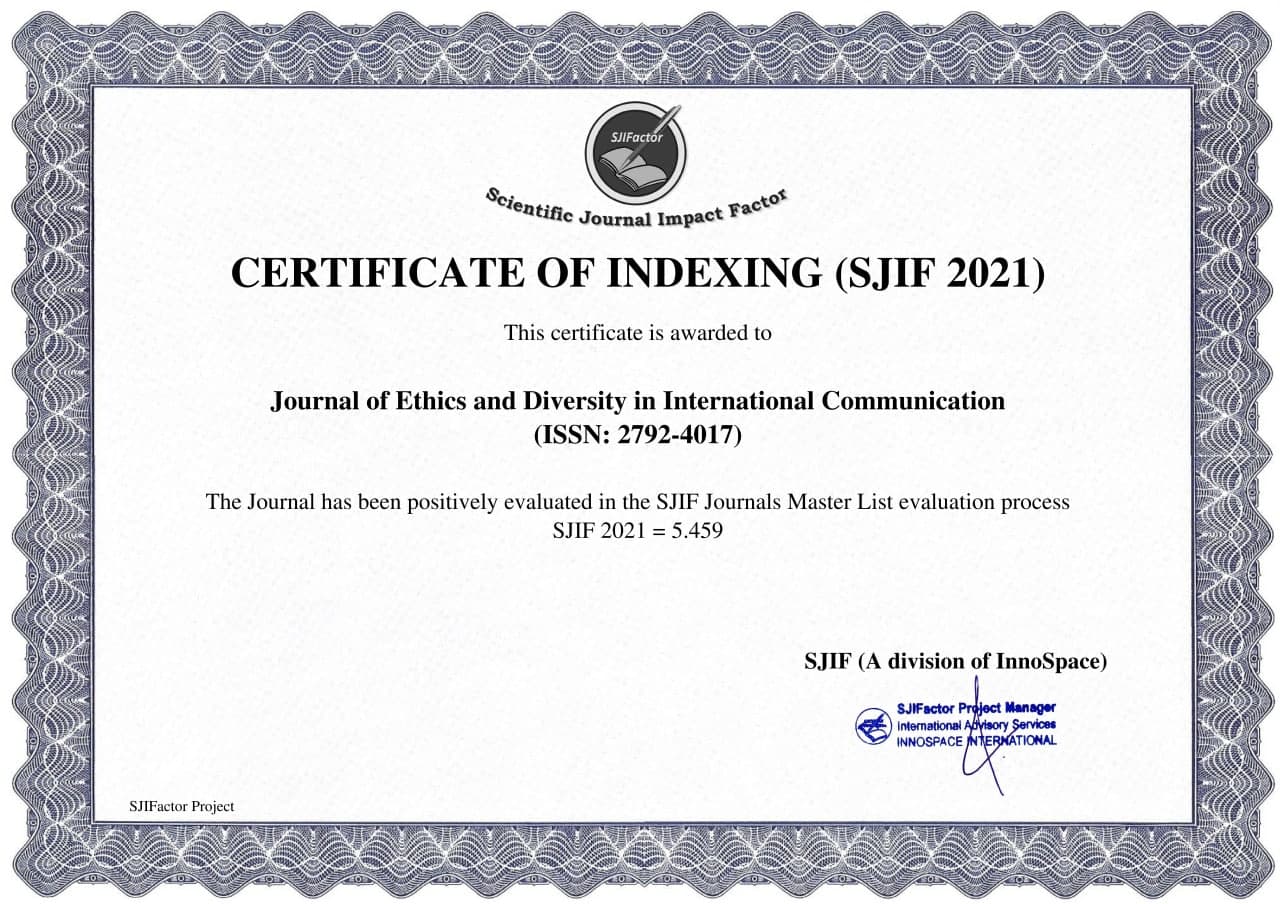The Use of Action Games in the Selection of Athletes for Athletics Training
Keywords:
Contextual Interference, Small-Sided Games, Teaching Games for UnderstandingAbstract
At present, studies investigating the effectiveness of game-based training are limited, with many of the suggested advantages and disadvantages of game-based training based on anecdotal evidence. Of the studies that have been performed, most have reported that game-based training offers a specific method of conditioning for team sport competition, but game-based training may not simulate the high-intensity, repeated-sprint demands of international competition, Game-based training has been reported to offer a safe, effective method of conditioning for team-sport athletes that results in comparable (and, in some cases, greater) improvements in physical fitness and performance than traditional conditioning activities. While technical instruction training has been associated with a higher volume of skill executions (i.e., more 'touches'), game-based training has been associated with greater cognitive effort - an important condition for skill learning. Indeed, studies investigating skill learning have reported comparable (and, in some cases, greater) improvements in skill execution and decision-making following game-based training than training involving repetitious technical instruction. Collectively, these findings demonstrate the value of game-based training for improving skill and physical fitness in team sport athletes. Further studies investigating the long-term skill and physical benefits of game-based training are warranted.








